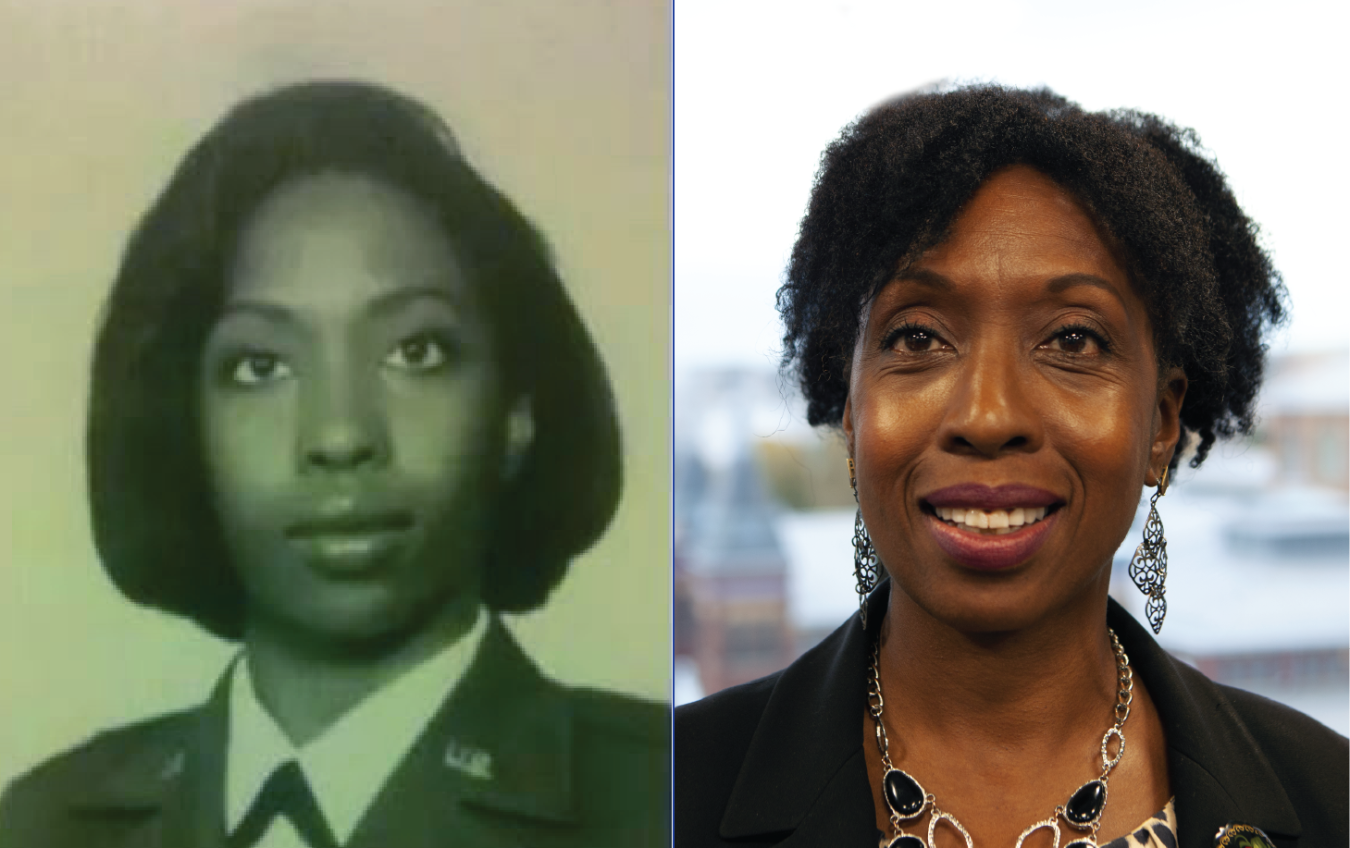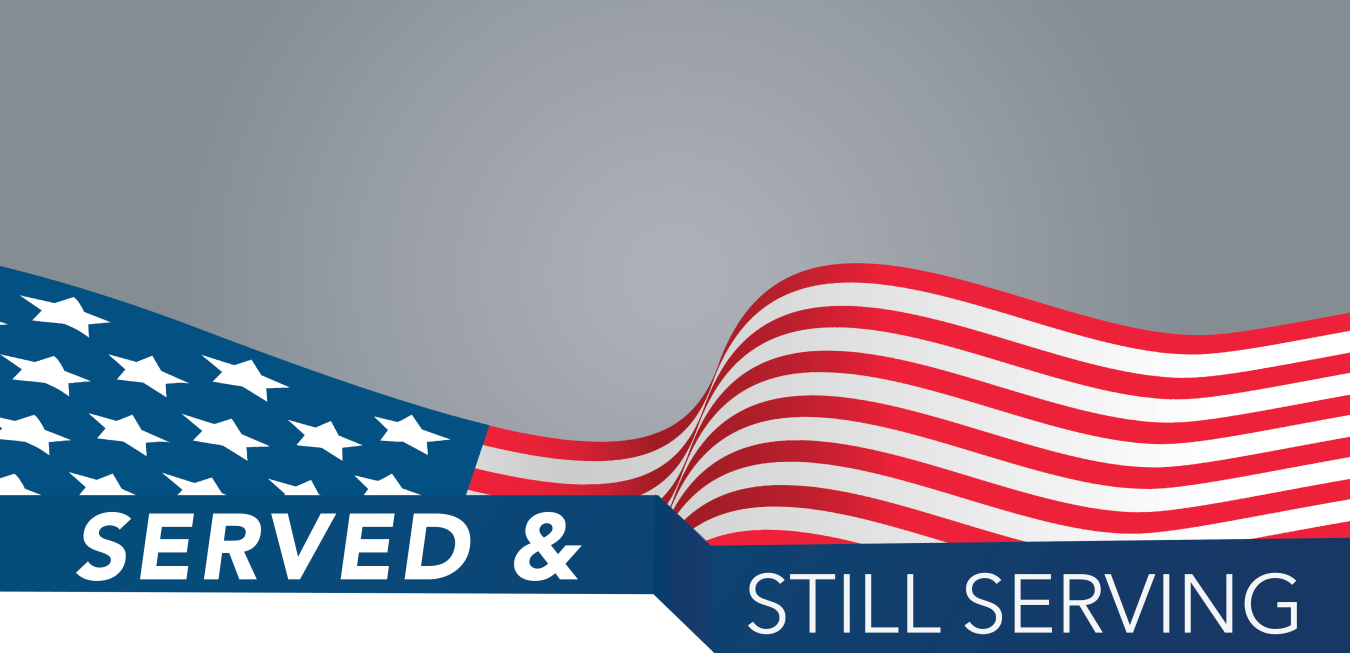Melody C. Bell: Deputy Director, Department of Energy Environmental Management Consolidated Business Center
November 8, 2018
Service Branch: Air Force
Years of Service: 1980 – 1992 (4 years at the US Air Force Academy)
Would you like to share any details of your military history, awards you may have received or other accomplishments?
First I want to say that I entered the US AF Academy in June of 1980 just as the first class of women were graduating from there. I was both impressed and in awe of these courageous pioneers as they embarked on this new journey. They were my role models and I thought of them everyday as I went through various challenges at the Academy. In addition to graduating from the Academy, another great accomplishment was when I was assigned to the Expendable Launch Vehicle program at LA Air Force Base as a 2nd Lieutenant. It was right after the unfortunate accident of the Challenger Shuttle program when my team had to rapidly launch several military satellites as an alternative since the Shuttle program was on hold. In spite of the additional quality and technical reviews, long hours from numerous weather delays and high demand from the backlog of unlaunched satellites; we were able to successfully meet all of these demands and was rewarded for our achievement. It was a great sense of achievement in being part of a team with a critical national mission!
Please take a moment to reflect on your thoughts when considering your service uniform. What does your service uniform represent to you?
My father retired as a Non-Commissioned Officer (NCO) from the Air Force and my mother was in the Women’s Auxillary Corp before she had me. Both instilled in me a sense of responsibility, duty and service to something greater than myself. I can think of no greater honor to them to continue their legacy of public service, duty and integrity.
Teamwork is essential across many contexts in life. Please share how your service in the military cultivated an appreciation for the value of teamwork. Do you draw from these experiences, or what similarities exist, when working within teams at the DOE?
In the military you learn very early the importance of teamwork to be successful. The team is only as great as each one working together, supporting each other and being the very best that we can. I remember one of my first lesson was at the Academy when we had to do our early morning runs. There were cadets who were challenged being able to run with a 10 lb. rifle at an altitude over 7,000 feet, myself included. However, we all worked at a team and made sure everyone finished and no one was left behind. That was the beginning of instilling a strong sense of teamwork and camaraderie throughout my military career and it continues in my civil service career.
Military service can have a profound and lasting impact on those who serve. Your perspective is unique in having seen both the military and the civilian sides of service. What story could you share of service before self?
I am passionate about building the succession pipeline for DOE in the STEM disciplines and especially attracting new employees from underserved communities in this area. I promote and advocate for STEM recruitment and outreach continuously as well as provide mentoring to existing employees to continue to learn, grow and develop. All of this I do as part of my sense of service, duty to help others and obligation to build a strong team here at DOE.
What inspired your interest the agency, and how did your prior service prepare you to join the DOE’s workforce?
I wanted to continue to serve the public and work on environmental management challenges and opportunities. I was also interested in continuing to contribute to the National Security mission. These interests led me to the Department of Energy where I could continue my interest in these areas and use my engineering and business skills to support the challenging mission at DOE.
Your talents contribute to an innovative and vibrant scientific ecosystem important for matters of national security, energy technologies, and economic prosperity. How does your role, whether directly or indirectly, allow the agency to continue push the frontiers of science?
I have held many different roles at DOE in both the direct mission areas of national security, environmental cleanup and renewable energy; as well as support areas of human capital and budget. In all of these roles, I contribute to the overall mission of using technology to help solve grand and challenging problems. In addition, I am actively engaged in recruitment and outreach to bring in the next generation of engineers and scientists. We have a duty and responsibility to introduce and expose students and graduates to the great STEM occupations here at DOE and mentor them to be successful in the many challenging DOE missions.


